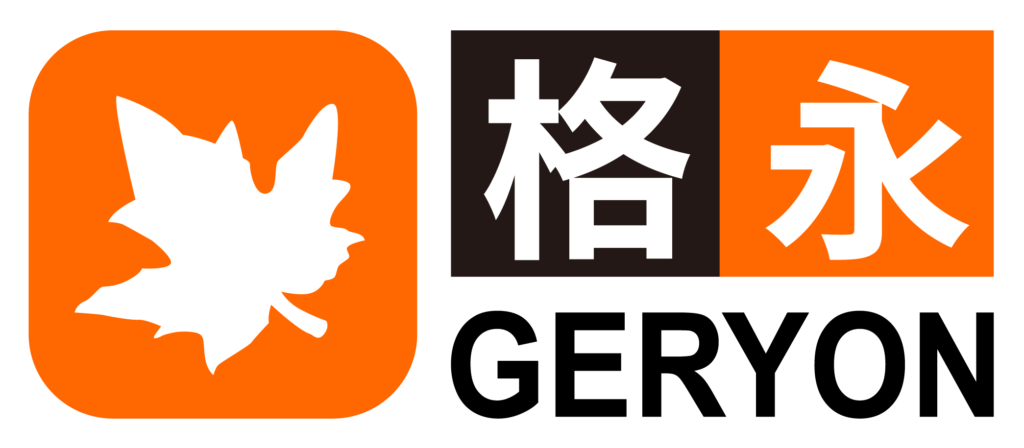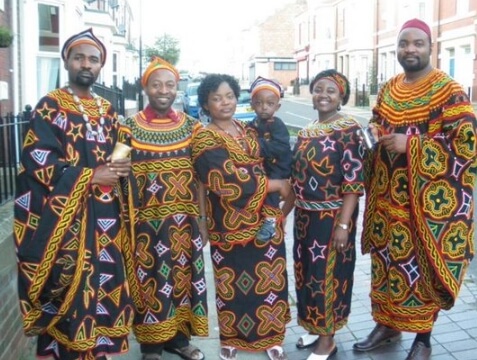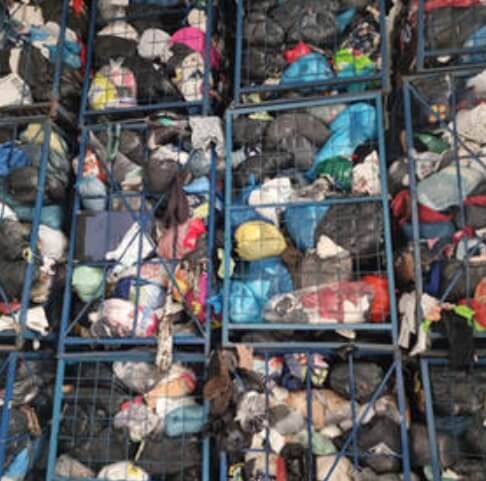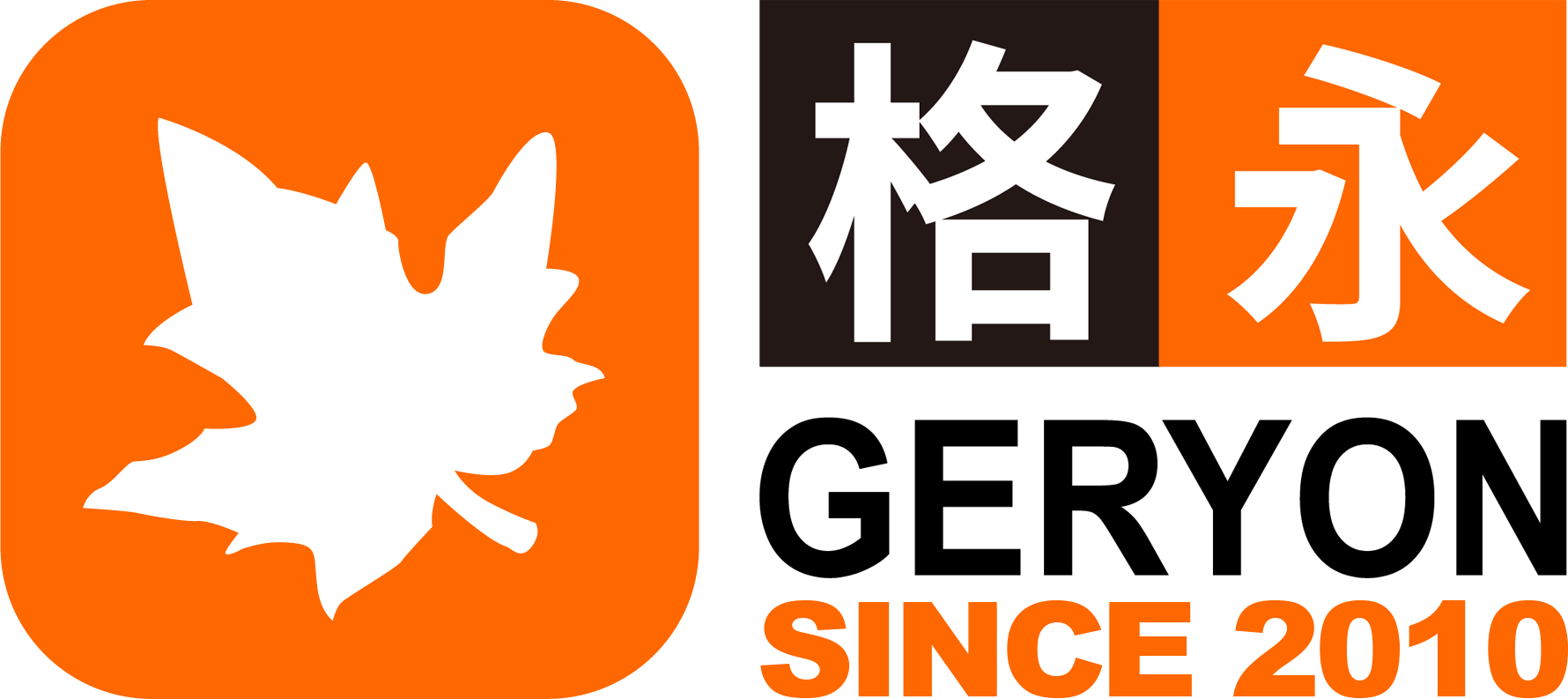The fashion landscape is evolving, and B2B importers must stay ahead of the curve to remain competitive. By exploring the market for Cameroon used clothes, importers can offer diverse options that appeal to a wide range of customers. In this article, we’ll highlight the advantages of sourcing from Cameroon and how it can enhance your business strategy.
Table of Contents
1. Introduction to Cameroon Used Clothes
The market for Cameroon used clothes has garnered attention from B2B importers looking for unique and profitable sourcing options. With a rich cultural heritage reflected in its fashion, Cameroon presents an array of secondhand garments that appeal to diverse consumer tastes. As sustainability becomes increasingly important to consumers, importers can capitalize on the demand for affordable and stylish options by exploring this emerging market.
Overview of the market
Cameroon used clothes are part of a growing trend that emphasizes the value of secondhand clothing. This market offers a unique mix of styles, catering to different demographics while promoting sustainable fashion practices. Importers who tap into this market can benefit from a vast selection and the potential for steady demand.
Importance for B2B importers
For B2B importers, sourcing Cameroon used clothes is not just a business strategy; it’s an opportunity to align with the global movement toward sustainability. By offering these garments, importers can attract environmentally conscious consumers while also diversifying their product range, enhancing their competitiveness in the market.
2. Quality and Variety of Cameroon Used Clothes
One of the standout features of Cameroon used clothes is the exceptional quality and variety they offer. These garments often reflect a blend of traditional craftsmanship and contemporary trends, making them appealing to a broad audience. B2B importers can take advantage of this diversity to create a distinctive inventory that sets them apart from competitors.
Types of garments available
The variety of Cameroon used clothes includes everything from casual wear to formal attire, providing importers with ample choices for their customers. Whether it’s vibrant dresses, tailored suits, or everyday essentials, the wide range ensures that importers can meet various consumer demands, helping to drive sales and customer satisfaction.
Unique features of Cameroonian fashion
Cameroonian fashion is known for its vibrant colors and intricate designs, which stand out in the secondhand market. The unique characteristics of these garments can attract fashion-forward consumers looking for one-of-a-kind pieces. B2B importers who showcase these distinct styles can create a strong niche for themselves in the competitive landscape of used clothing.
3. Sustainability and Consumer Demand
As consumers become more eco-conscious, the demand for sustainable products, including Cameroon used clothes, has surged. Importers can leverage this shift in consumer behavior to market their offerings effectively. By aligning their business practices with sustainable values, importers can build a loyal customer base committed to reducing waste and promoting ethical consumption.

The rise of sustainable fashion
The rise of sustainable fashion has reshaped the clothing industry, with secondhand markets gaining prominence. Consumers are increasingly seeking alternatives to fast fashion, making Cameroon used clothes an attractive option. Importers who recognize this trend can position themselves strategically in a market that prioritizes eco-friendliness and quality.
Impact on purchasing decisions
The growing awareness of environmental issues influences purchasing decisions across demographics. Many consumers are now willing to pay a premium for sustainable products, including Cameroon used clothes. B2B importers can benefit from this shift by emphasizing the sustainability aspect of their inventory, appealing to consumers who prioritize ethical shopping.
4. Economic Benefits for B2B Importers
Sourcing Cameroon used clothes can provide significant economic advantages for B2B importers. The cost-effectiveness of these garments, combined with their increasing demand, creates a lucrative opportunity for businesses looking to maximize profit margins. By entering this market, importers can establish a profitable business model while contributing to sustainability.
Cost-effectiveness of sourcing used clothes
The cost-effectiveness of Cameroon used clothes makes them an appealing choice for importers. Purchasing secondhand garments typically involves lower upfront costs compared to new items, allowing businesses to maintain competitive pricing. This affordability can enhance profit margins while enabling importers to offer attractive prices to consumers.
Potential for high profit margins
With the rising demand for unique and sustainable fashion, Cameroon used clothes present an opportunity for high profit margins. B2B importers can source these garments at low costs and sell them at a premium, capitalizing on their distinctive appeal. This potential for profitability makes this market an attractive option for savvy importers seeking growth.
5. Challenges and Solutions in Importing
While the Cameroon used clothes market presents exciting opportunities, B2B importers may face challenges along the way. Understanding these potential obstacles is crucial for successfully navigating the import process. By identifying solutions and strategies, importers can mitigate risks and maximize their chances of success.
Common obstacles in the import process
Importing Cameroon used clothes may involve various challenges, including logistical issues, quality control, and regulatory compliance. Importers must be prepared to navigate these hurdles to ensure smooth operations. Awareness of these common obstacles can help businesses develop proactive strategies to address them effectively.
Strategies to overcome these challenges
To overcome challenges in importing Cameroon used clothes, B2B importers can implement several strategies. Building strong relationships with reliable suppliers can ensure consistent quality and availability. Additionally, staying informed about import regulations and investing in efficient logistics can help streamline the process, ultimately leading to greater success in the market.

6. Case Studies: Successful B2B Importers
Examining successful B2B importers of Cameroon used clothes reveals valuable insights into effective strategies and practices. These case studies highlight how businesses have successfully tapped into this market, providing inspiration and guidance for others looking to follow suit.
Examples of businesses thriving with Cameroon used clothes
Several businesses have thrived by incorporating Cameroon used clothes into their offerings. These companies often emphasize the unique aspects of their inventory, appealing to consumers seeking sustainable options. By analyzing their approaches, aspiring importers can glean useful strategies for success in this niche market.
Lessons learned from their experiences
The experiences of successful importers provide essential lessons for those looking to enter the Cameroon used clothes market. Key takeaways include the importance of quality sourcing, effective marketing, and understanding consumer trends. By learning from these examples, new importers can avoid common pitfalls and position themselves for growth.

7. Conclusion
In conclusion, the market for Cameroon used clothes offers significant opportunities for B2B importers willing to explore this unique avenue. By embracing sustainability, capitalizing on quality and variety, and implementing effective strategies, importers can establish a successful presence in this growing market. The future of fashion is increasingly intertwined with sustainability, making Cameroon used clothes a wise investment for forward-thinking businesses.

